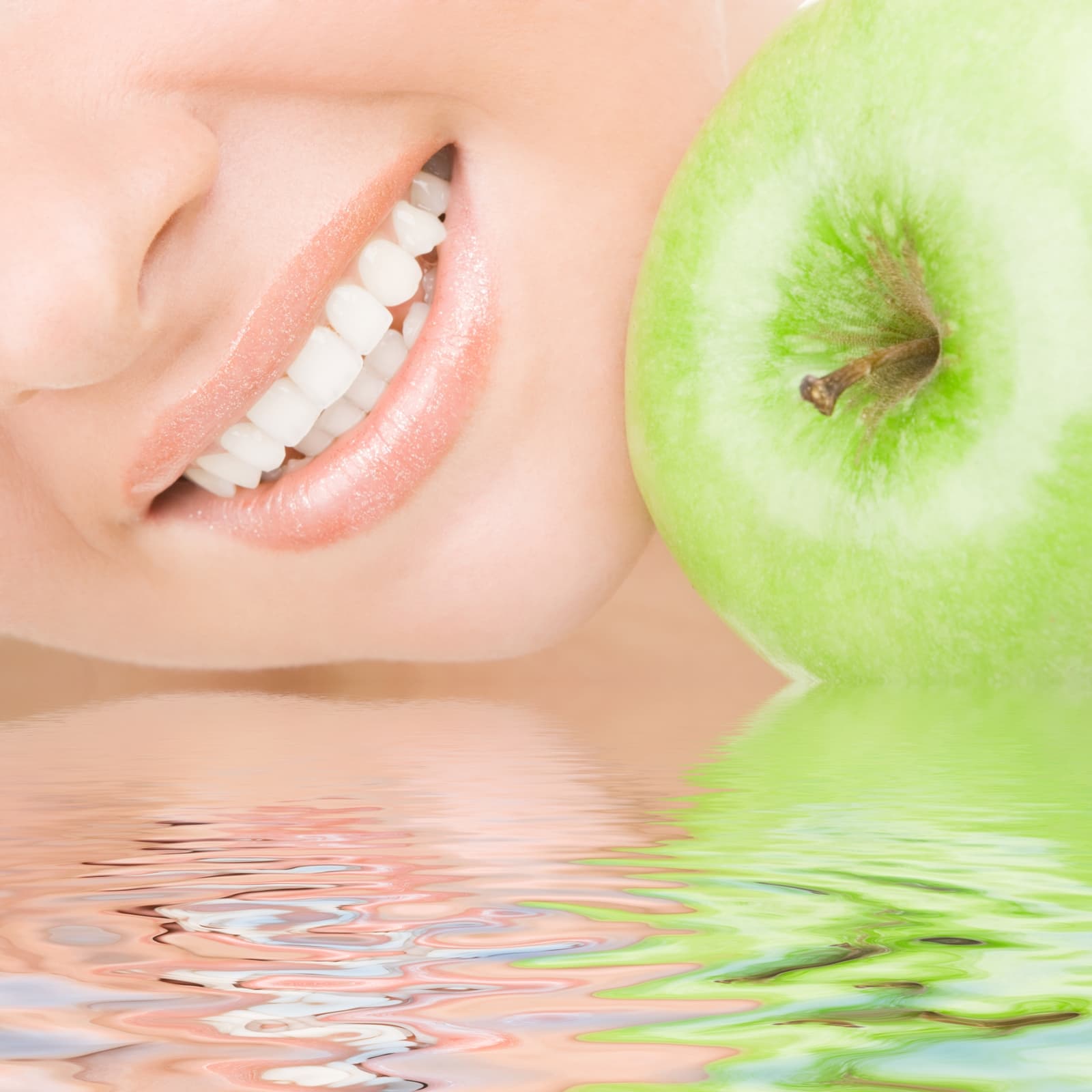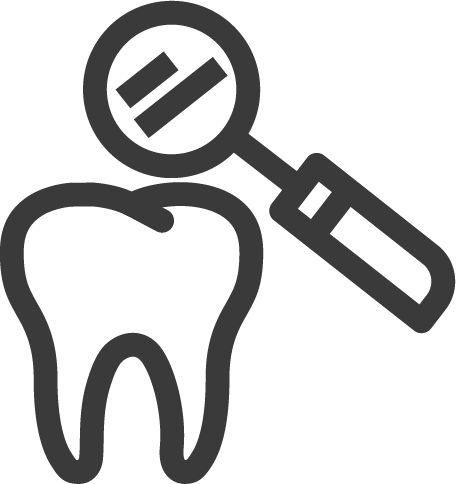Whole health dentistry is a term used to describe an approach encompassing your total body wellness, not just oral wellness. Your overall health is directly correlated to your oral health; without one, you cannot have the other. For this reason, we employ this holistic care philosophy at Mesa Dental, including services like safe mercury amalgam removal. According to the American Dental Association, your mouth can show signs of nutritional deficiencies or systemic disease, making regular dental visits an important part of your overall healthcare.


Bacteria in your mouth can travel to other parts of your body via your bloodstream.

During your first visit, your doctor sits down with you to have a one on one consultation. They ask you questions to get to know you better and understand your health history, your lifestyle, your diet, your needs, and your unique oral health goals. This is also a great time to ask your doctor any questions you may have regarding your oral health or anything else!

A whole health oral exam encompasses more than just looking for the presence of cavities. Your doctor looks for patterns that could be the sign of a larger issue. For example, unusual redness or ulcerations of the oral tissues could be small indications of HPV. Canker sores, dull teeth, eroded enamel, elevated blood pressure, and mouth breathing are all examples of symptoms that could indicate a more serious health concern.

Every patient is unique and your treatment plan is made with this in mind. Your doctor works with you to develop a treatment plan accommodating your lifestyle. They also help you understand the role your diet plays in your oral health and overall wellbeing. Supplements and vitamins may be recommended based on your specific desired outcomes and needs. Whole health focused dentists treat any present issues using the most biocompatible and least toxic materials possible for the best outcomes.
Nutritional counseling and whole health dentistry help you feel strong, energetic, and healthy. Patients have reported feeling improved energy levels, better digestion, and greater concentration after receiving nutritional counseling from their whole health dentist.
Whole health dentistry not only keeps you feeling your best, but also keeps your smile bright and beautiful. Improved complexion, healthy gums, and a functional bite are all results of good oral and dietary health you can be proud to show off. For patients interested in enhancing their smile’s appearance, we also offer comprehensive cosmetic dentistry services.
By adding nutritional counseling as a part of your regular preventive dental care routine, your dentist can track your oral health as well as your whole body health to identify when changes or new developments may indicate a more serious concern. Researchers have linked common oral health issues to diabetes, heart disease, stroke, and premature or low-weight births.

Tooth loss and gum disease increase your risk of developing Alzheimer’s disease.
Dentistry and nutrition are directly correlated as poor oral health has a negative impact on your ability to properly eat and digest your foods. The converse is also true as patients with poor nutrition may be at risk for tooth decay, cavities, and gum disease. Your dentist can help improve your oral health as well as your digestion, nutrition, and overall wellbeing by identifying dietary contributors to negative health issues. These negative health issues can be identified by smaller signs and symptoms present in your mouth you may deem insignificant. It is easy to think a simple canker sore doesn’t have a great effect on your overall well being, but it can actually be a sign of a larger issue. This is why it is important to come in for checkups and preventive care regularly.
If you are wondering whether or not you need nutrition counseling, the answer is probably yes. In most cases, everyone can benefit from nutrition counseling in one form or another. Whether it’s as simple as learning more about supplements and proper nutrition, or taking steps to make great improvements to your overall well being, your dentist can help! It’s as simple as coming in for an exam and can be added on to any preventive appointment at our office.
Yes. Dentists undergo extensive training in the healthcare field, specifically dealing with health issues related to the mouth and digestion. This includes looking out for signs of gum disease, oral cancer, GERD, HPV, and more. Your dentist serves as a healthcare educator and is devoted to ensuring you are in the best position possible to make the right choices for your oral health.
Nutritional counseling is usually considered to be an elective treatment by most insurance providers. However, there may be some instances where this is not the case. To find out if you can use your dental insurance benefits to cover nutritional counseling at our office, we recommend getting in touch with your plan provider. We are also happy to go over your plan with you and answer any questions you may have to ensure you are maximizing your benefits. Contact us to learn more about our whole health approach.

Gum disease increases the risk of developing cancer of the head and neck.